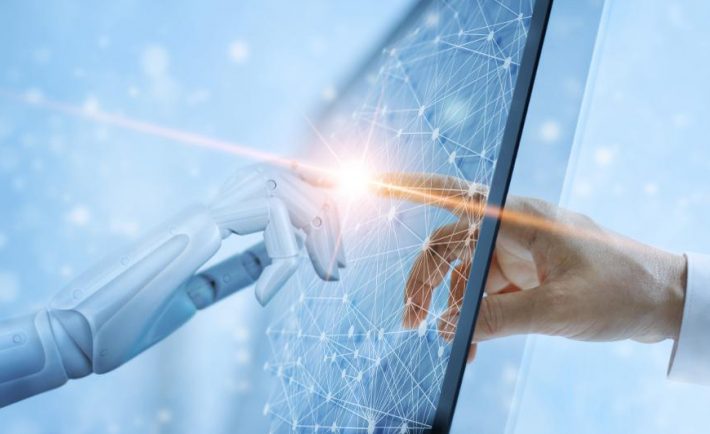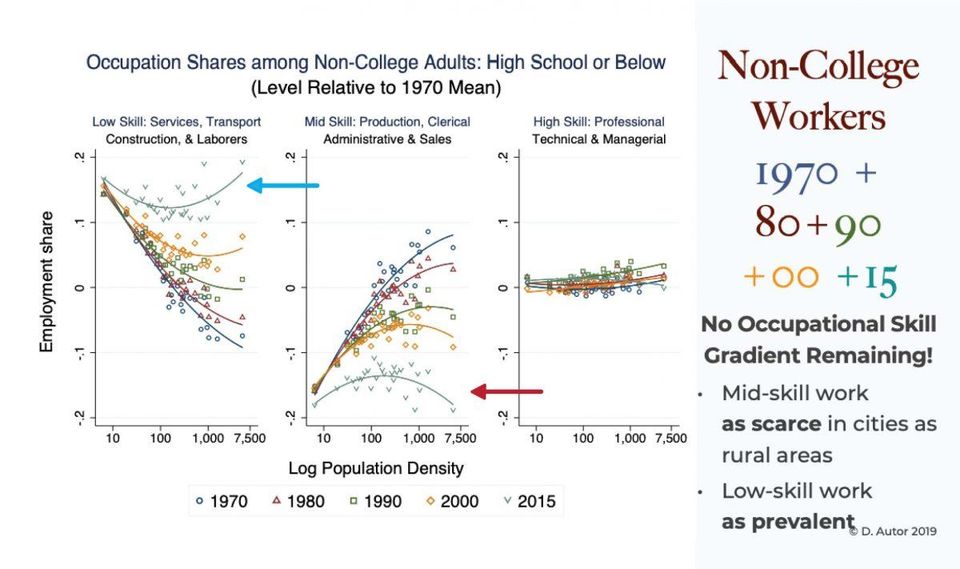
Have you heard of automation and automated technology? If so, you might be wondering how it will impact you and your career in the future. If you haven’t yet explored this topic it’s a fascinating subject and one that has ramifications for both employees and business owners. So, let’s dive right in.
What Is Automation?

Automation describes the introduction of processes into a solution that no longer requires any human interaction. For instance, let’s say that you have a machine that is loading metal to be cut. In the past, you might have needed humans to manually load the metal. Today, this could be completed by a machine and there is no button to press either. Instead, there are sensors that know when the metal is in place and ready to be cut. This is a basic form of automation. However, it’s certainly not the only example.
It’s also not a new idea and there have been cases of automation since the industrial age. The difference now is that technology is advancing rapidly and it’s leading to more possibilities. For instance, there are sectors that people never thought would be automated.
Take the copywriting industry as an example. There is now technology and software that is capable of writing articles and docs based on the keywords or concepts that you input. This can be completed in seconds.
Could It Bring Advantages?

It is possible that increased levels of automation will bring advantages for different sectors. For instance, look at the military. Injuries and accidents are common in the military to the point where there are law firms based on delivering quality legal services to clients to help with the Defence Base Act. However, with the increased use of drones, the armed forces are less at risk of fatalities and injuries. Instead, it is technology that is completing the brunt of the work on the battlefield. At least, it could be in the future.
Will it Lead To Job Losses?

The jury out on this one. If you listen to Elon Musk, automation will ultimately mean that we need a universal living wage, sooner rather than later. Ultimately, this would mean that regardless of your job, you would gain money to live on. A universal living wage would also encourage entrepreneurs to enter the market rather than workers too. They would have the funding they need to pursue their business ideas and concepts.
Others like the heads of Wallmart claim that automation won’t lead to job losses. There’s precedence here too. Instead, it’s far more likely that humans will need to learn new skills to become part of these processes in new ways. So, while it might shift certain sectors it won’t eliminate the job completely. Particularly, in the early years. For instance, trucks can’t drive themselves yet but even if they could there would need to be someone behind the steering wheel in case something went wrong.
As you can see, automation is a complex topic. But it will be certainly interesting to see the changes it brings to the world market in the near future.




